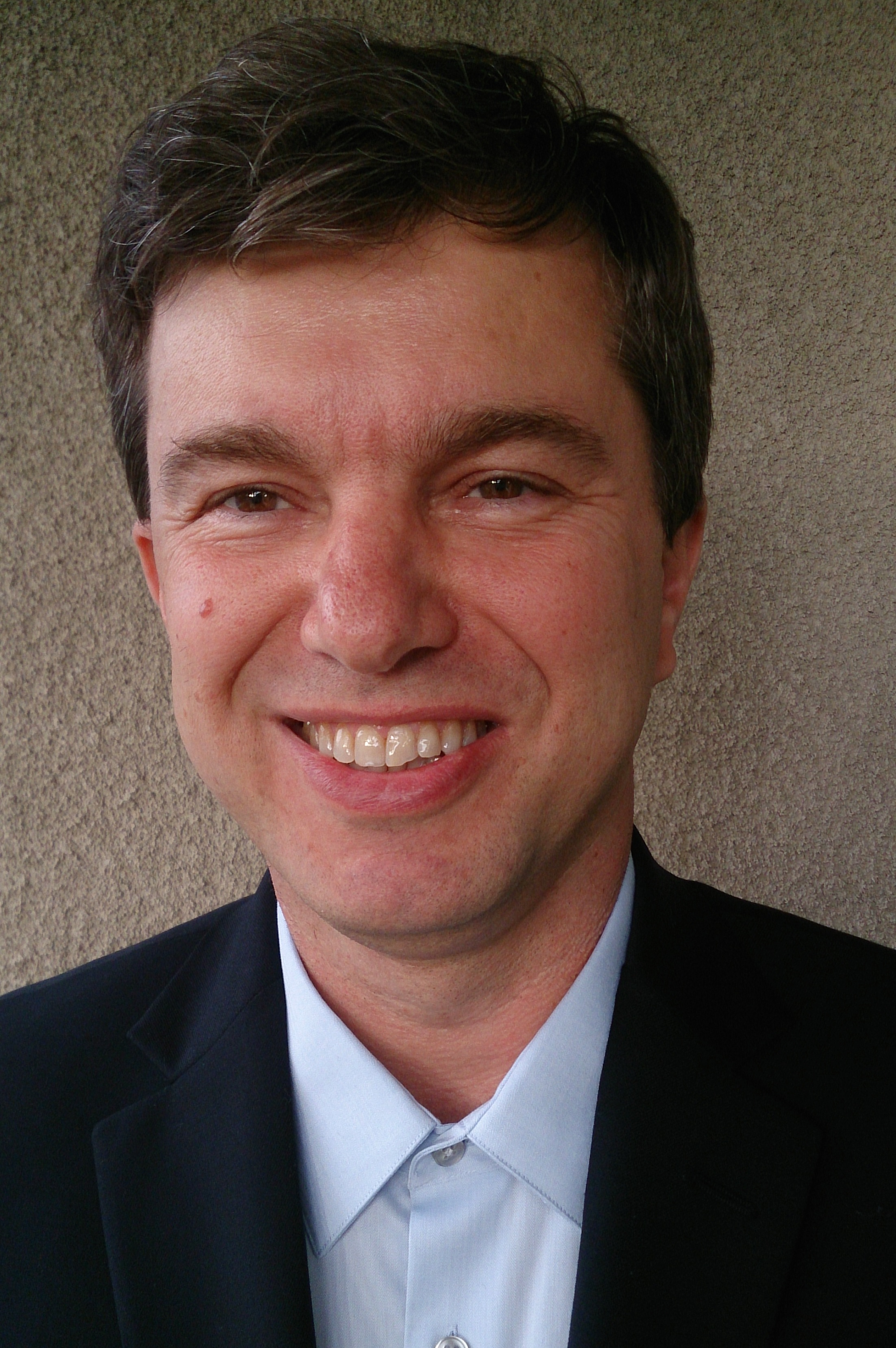
Metabolic Roots of Depression: Nutrient Deficiencies, Single Nucleotide Polymorphisms, and Reactive Oxygen Species
Viktor Stolc completed his undergraduate education in Biochemistry at the University of Pittsburgh. Under the mentorship of Sydney Altman, he earned his Ph.D. in the Department of Cell Biology at Yale School of Medicine. Dr. Stolc is also a graduate of the Physiology Course at the Marine Biological Laboratory, Woods Hole. As a Damon Runyan Cancer Research Foundation fellow, Dr. Stolc completed a post-doctoral fellowship in the Department of Biochemistry at Stanford University School of Medicine. In 2000, Dr. Stolc came to NASA Ames Research Center where he was one of the early founding members of the Center for Nanotechnology. Shortly thereafter, Dr. Stolc moved to Space Biosciences, where he became the Agency lead for genomics, pursuing a wide range of fundamental studies of gene expression in humans and in model organisms. Dr. Stolc currently serves as a Senior Scientist in the Space Biosciences Research Branch (where he previously served as Branch Chief), and he continues to pursue genomics research with a focus on somatic mutation, space physiology and the environmental risks associated with spaceflight. In 2021, Dr. Stolc won the H. Julian Allen Award, the highest scientific honor that can be bestowed on a scientist at the NASA Ames Research Center.
Depression is a common and serious medical illness that is associated with a variety of essential nutrient deficiencies and reactive oxygen species (ROS) production. Genome Wide Association Studies (GWAS) have identified Single Nucleotide Polymorphisms (SNPs) associated with both depression and essential nutrient deficiencies and Reactive Oxygen Species (ROS) production. Clinically validated nutraceuticals and vitamins may be effective in mitigating depression by correcting these deficiencies and reducing ROS production. More research is needed to confirm the efficacy and safety of these nutraceuticals and vitamins in the long term.